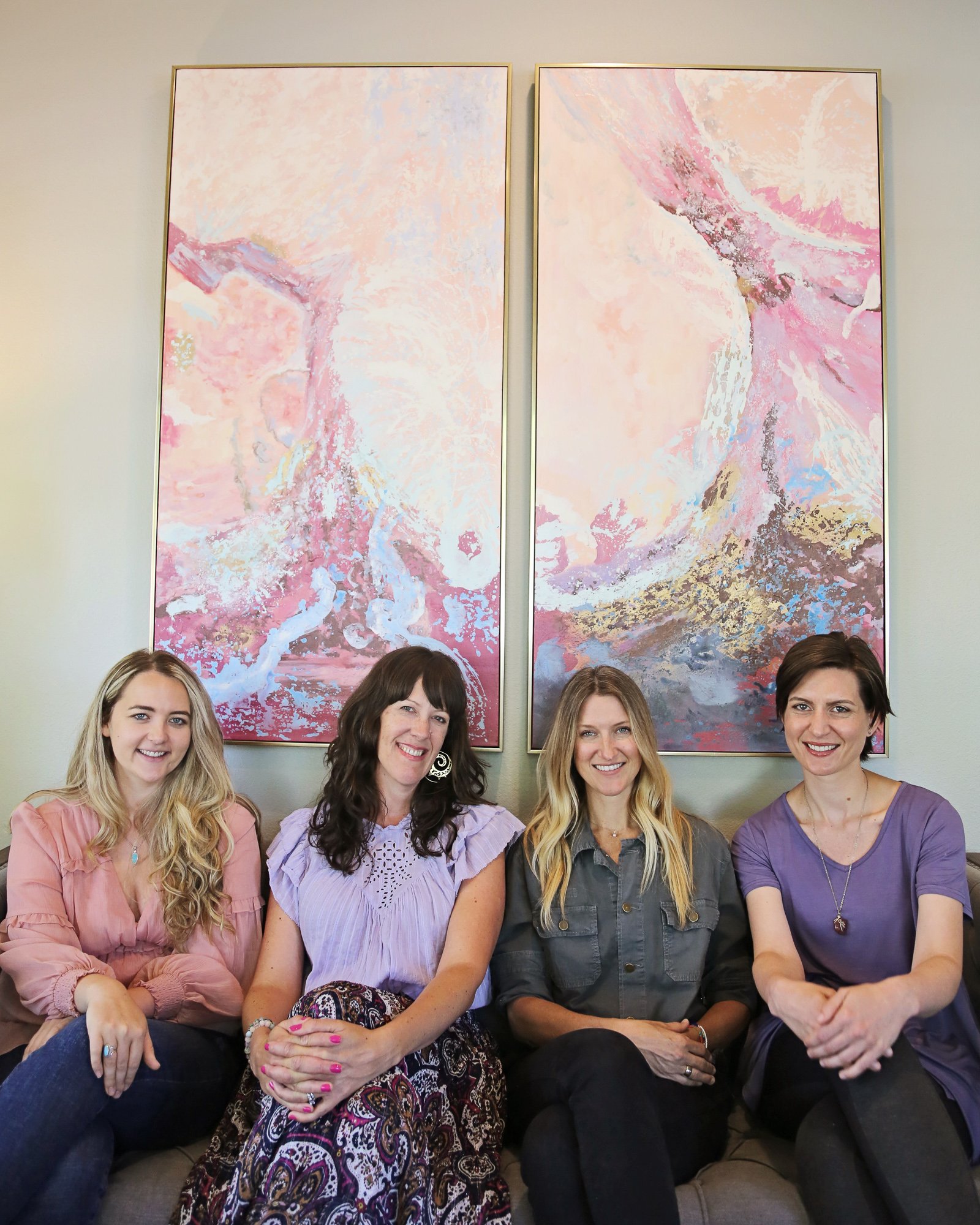Mastering the Art of Self-Talk: Tame Your Inner Critic and Learn to Love Yourself
Do you you struggle with self-sabotage, negative self-talk and an inner critic that just won’t stop?
I’ve been there, you are so not alone. The key to transforming your inner critic is to tend to it and befriend it. Meaning…learn how to track your inner voice, so you can eventually change it. Easy? Nope. Possible? Definitely.
Self-talk is the continuous internal dialogue you have with yourself, and it plays a significant role in shaping your perceptions, emotions, and behaviors. Negative self-talk is a contributor to your symptoms of stress, anxiety and depression, and can be a sign of deeper unresolved trauma.
Your self-talk has the power to impact your healing journey, both positively and negatively. The problem is, most of the time, self-talk is unconscious and outside of your conscious control. You can learn to change your inner voice. It all starts with awareness and intention. It’s time to stop criticizing yourself, and learn how to really love yourself by transforming the way you talk to yourself.
Transforming your self-talk won't happen overnight, but with practice and persistence, you’ll see how fast you can change your inner dialogue.
Remember, healing happens when we take the next step on the journey. Learning how to love yourself and speak kindly to yourself is no different. Keep reading to learn more about the steps you can take to befriend your inner critic, and speak to yourself with loving kindness.
4 Steps to Transform Your Negative Thoughts
Awareness of Self-Talk
The first step in transforming your self-talk is awareness. Pay close attention to the language you use with yourself. Notice when you lean towards negativity or self-deprecation. Recognize these instances as opportunities for change and growth, rather than personal failures.
Challenging Negative Thoughts
Next, challenge your negative thoughts. Whenever a self-defeating thought arises, pause, breathe, and respond with a new thought. Think of it like a find and replace tool for your mind. Find the negative thought, and replace it with a positive one. Sometimes your thoughts are just bad habits and outdated patterns you no longer need, and this practice feel liberating. Sometimes, the thoughts are hard to find! Or they feel too intense to look at on your own. If you find the negative self-talk is really intense, and comes with a lot of big feelings, slow down and reach out for support. Working with a therapist to help uncover the root of these thought patterns can be really helpful as you rebuild your self-esteem and relationship with yourself.Rewire Your Brain With Positive Affirmations
The third step in this process involves rewiring your mind-body connection with positive, soul affirming affirmations. Affirmations are positive statements about yourself that help overcome self-sabotaging behaviors. Affirmations can be new thoughts you want to think instead of the negative ones, or new ways of offering kindness to yourself when life feels hard. Take a few minutes to write down some kind words you would like to say to yourself when life feels hard. Here are some examples to get you started:‘It’s ok to make mistakes, I’m still learning’
‘Today is a beautiful day to be alive’
‘Even though this is hard, I’m doing the best I can’
‘I love myself, no matter what’
Practice and Patience
The final step in transforming self-sabotaging negative self-talk into a loving inner dialogue involves patience and practice. Change doesn’t happen overnight and it won’t happen just by saying a few affirmations. Imagine how long it took to develop your inner critic, and be patient as you slowly but surely rewire your brain!
Remember, this process takes time and practice, and you are not alone on the journey. Stick with it, and over time, you'll notice the transformation in both your self-talk and your overall well-being.
Resources and Research On Self-Talk + Self-Compassion
There's a wealth of research and resources available that can help you better understand and improve how you speak to yourself. Here are a few that I love:
"Self-Compassion: The Proven Power of Being Kind to Yourself" - by Dr. Kristin Neff
"The Science Behind Self-Affirmations" - This article from Psychology Today provides insights into how self-talk can impact our mental health, self-esteem, and overall well-being.
"Mindfulness: A practical guide to finding peace in a frantic world" - This book by Mark Williams and Danny Penman provides practical mindfulness techniques to apply in daily life, helping to foster a positive mindset.
Headspace App - Headspace is a mobile application that offers guided meditations and mindfulness exercises. It's an excellent tool for cultivating positive self-talk through mindfulness
Self-Esteem Therapy at The Holistic Counseling Center
If you’re struggling with self-love and self-esteem, I hope this article inspired you to be gentle and kind with yourself and as you learn to speak and treat yourself with compassion and kindness. If you’re ready for support on your healing journey, please reach out for support!
Our therapists are accepting new clients for in-person sessions at our office in El Dorado Hills, as well as for virtual sessions for anyone in California.
The next step is to book a complimentary consultation call to chat with our intake coordinator. On our call, we’ll discuss logistics, what kind of therapy we offer, match you with one of our awesome therapists and if it feels good, you can schedule your first therapy session!
Find out more about our team HERE and more about our fees HERE.
We can’t wait to help you step into the next best version of yourself!
-Kim
Meet Kim
Kim Burris is a licensed holistic psychotherapist, founder of The Holistic Counseling Center, and author of ‘The First 90 Days After Birth.’
She honors the mind, body, spirit connection and offers evidence-based psychotherapy with a heart centered approach that helps people find relief from anxiety and self-sabotage so they can live life with more joy, freedom and ease.
Kim and her team currently offer holistic counseling to individuals in El Dorado Hills, CA and online. Click HERE to book a no-cost consultation call.







